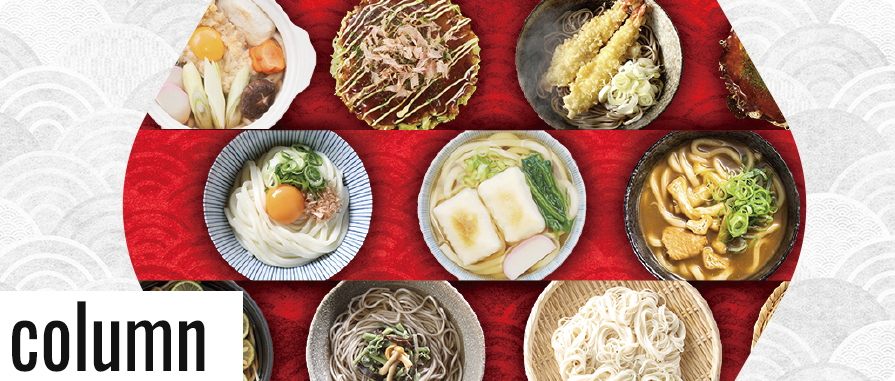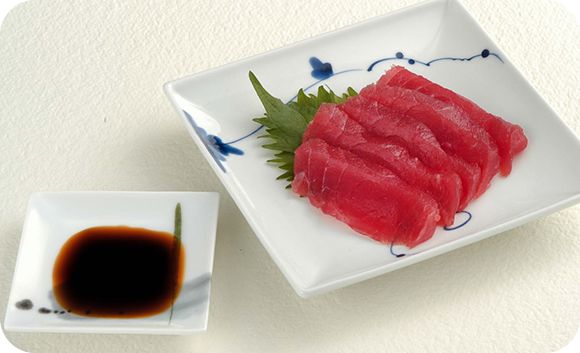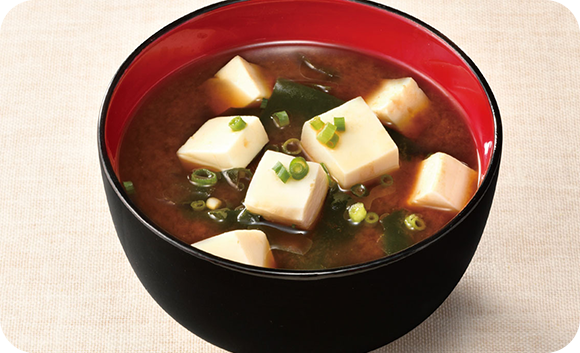
The Power of Japanese Seasonings

Soy sauce has deodorizing and sterilizing effects
Soy sauce, miso, and other seasonings are used in many Japanese dishes. In fact, did you know that soy sauce has a surprising role in addition to seasoning? Soy sauce, for example, has a deodorizing effect to eliminate the fishy smell of sashimi, and a bacteriostatic (sterilizing) effect to control the growth of E. coli and other bacteria through the action of salt and organic acids. Soy sauce also has various other functions, such as a contrasting effect that enhances the sweetness of food due to its salty taste, and a suppressing effect that reduces saltiness by pouring it over salty food.
Miso supports healthy eating habits of Japanese people
Miso, on the other hand, is renowned for its health benefits. In fact, eating miso soup and other dishes made with miso is recognized by many Japanese as a healthy diet. This is based on the abundant nutrients contained in miso. Miso, which is made by fermenting nutrient-rich soybeans and other ingredients, contains a wide variety of nutrients, including eight essential amino acids, carbohydrates, fats, vitamins, minerals, and dietary fiber.

As you can see, the more you learn about the world of Japanese seasonings, the more profound it becomes. If you are aware of the various effects that are difficult to notice just by eating, you may discover a new aspect of Japanese cuisine that you are not yet familiar with.
source : ICHIBIKI Co.,Ltd.

